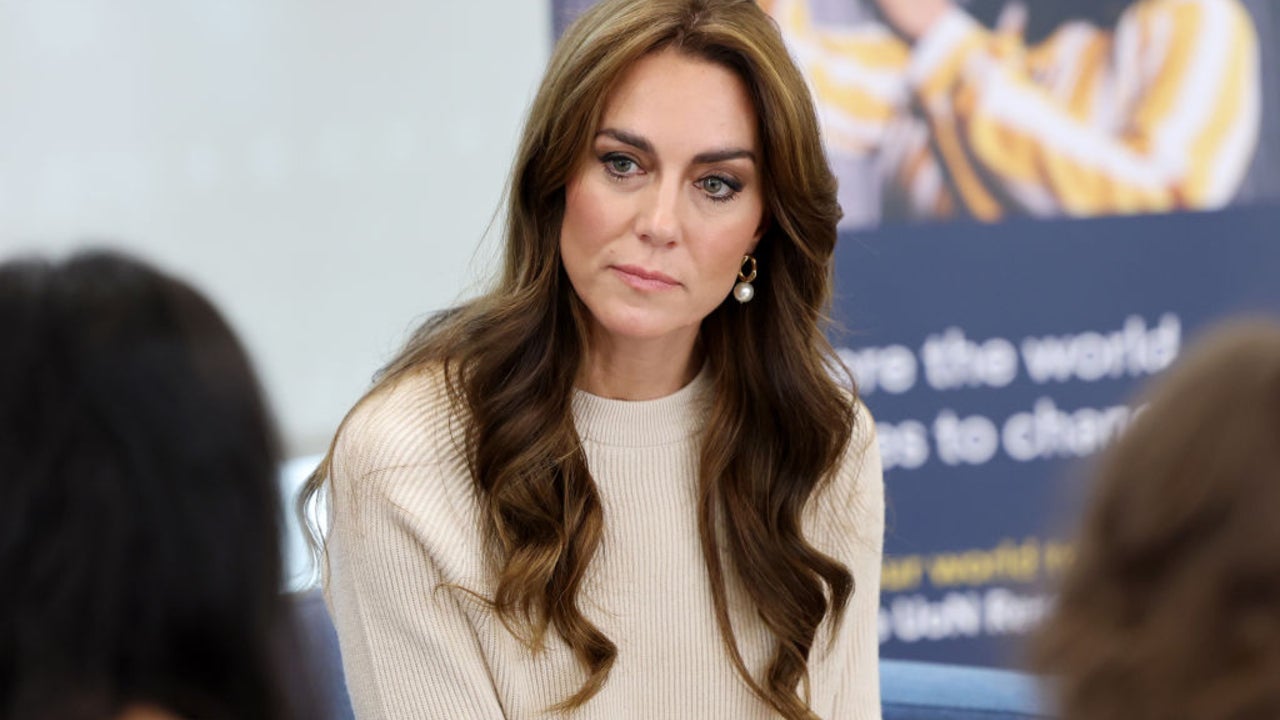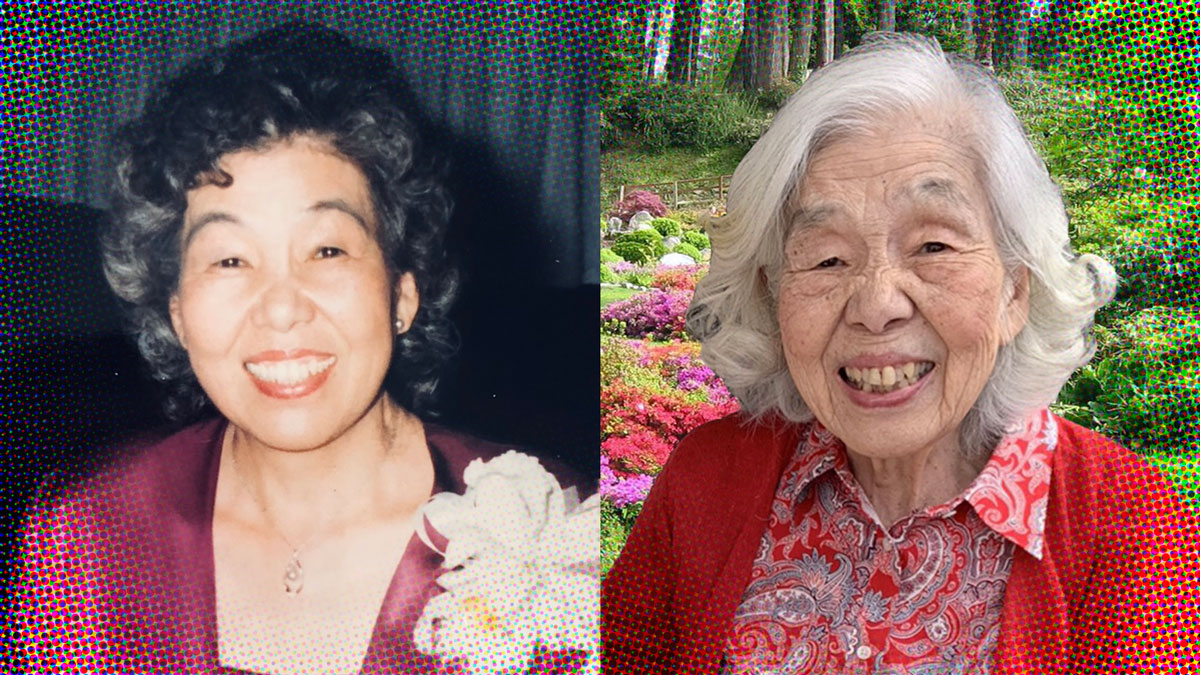What is Preventative Chemotherapy? Explaining Kate Middleton's Cancer Treatment
ET spoke with Dr. Jeremy Jones from the renowned Mayo Clinic to get answers on Kate Middleton's cancer treatment.

Published:
5:01 PM PDT, March 22, 2024
The world seemingly came to a screeching halt after Kate Middleton announced on Friday the shocking news that she's battling cancer. And while it remains unclear as to exactly what kind of cancer she's fighting, the Princess of Wales did share what kind of treatment she's currently undergoing.
In a video statement shared by Buckingham Palace, the 42-year-old mother of three revealed that her medical team advised her to "undergo a course of preventative chemotherapy." She added that she's "now in the early stages of that treatment."
And it was the medical term -- "preventative chemotherapy" -- that had people wondering what it entails. In an effort to better understand the Princess of Wales' cancer treatment, ET spoke with Dr. Jeremy Jones, a medical oncologist and interim chair for the Division of Hematology and Oncology at the renowned Mayo Clinic. Jones, who practices at the world-class facility in Florida and is not involved in Kate's diagnosis, explained "preventative chemotherapy."
"So, when people talk about preventative chemo, really, what we're talking about is when a surgeon goes in and removes a colon cancer, they remove all the cancer that they can see, and sometimes that's all the cancer that they can see," Jones tells ET. "And there are tiny cells that are floating around that are still cancers, if we were to do surgery alone, and those patients that still have those tiny cells, the cancer will almost certainly return."
"And so when we talk about preventative chemotherapy -- medical lingo for that is adjuvant chemotherapy -- the goal of the chemotherapy in that setting is to kill off those remaining few viable cells that are sort of floating around that haven't had a chance to sort of take up shop yet, and really set up their routes," he continues. "We give patients chemotherapy to prevent the cancer from coming back."
A relative of the photographer watches television in London, as Catherine, The Princess of Wales announces that she is receiving a preventative chemotherapy for cancer. - GettyWhen Kate shared she's undergoing "preventative chemotherapy," many outside the medical community wondered if it was a type of chemo to prevent cancer. But that's not the case at all, says Jones.
"So, it's not preventative in terms of just everybody gets chemotherapy, and that will reduce your risk of cancer," he explains. "That's not the case. In fact, the reason why we might consider adjuvant chemotherapy (or preventative chemotherapy) is actually based on the risk of that patient, that individual developing recurrence of the cancer."
Last month when it was announced that King Charles III was diagnosed with cancer, the palace did not disclose the type of cancer His Majesty is battling. It's safe to say the palace will adhere to that same guideline with Kate's diagnosis. That the Princess of Wales underwent "planned abdominal surgery" in January has also led many to speculate what kind of cancer she's dealing with, but Jones tells ET it's more complicated than that.
Kate Middleton and King Charles III on March 15, 2012 in London, England. - Getty"If you think about the most common cancer, this would be colon cancer. By far, it would be the most common cancer. With that being said, there are a number of other organs," Jones explains. "If you think about any organ that's in your belly, that organ could develop a cancer. So, any of the reproductive organs, either for men or females. The small intestine. Some of the lymph nodes in the abdomen can also develop cancer. But, by and large, the most common cancer in the abdomen is colon cancer."
But again, the abdomen, Jones says, "is a very non-specific term," meaning Kate's abdominal surgery is not, by any means, a roadmap to the type of cancer she's battling.
"When you talk about a cancer arising within the abdomen, that doesn't give us enough specificity," Jones says. "So, we would generally zone that down to an ovarian cancer, a colon cancer, a small intestine cancer, a stomach cancer, a liver cancer, a pancreas cancer. So, although those all sort of arise generally within the abdomen, they are distinctly different cancers and are treated, generally speaking, quite differently."
Kate Middleton attends Wimbledon on July 14, 2019 in London, England. - GettyIt's also difficult to say what stage level of cancer Kate's battling.
"The way we determine which patients would get chemotherapy versus not is really based on their risk of recurrence. And the risk of recurrence is calculated by a number of different ways," Jones says. "But most importantly is by the stage at diagnosis. So, when a patient has a surgery, we look at the tissue or the tumor that's been removed under a microscope and we will look to see how involved it is in the primary mass. Has it spread to lymph nodes that are surrounding it? Has it spread to other organs surrounding it? And that gives us sort of a stage, which most people have heard of, Stage 1 through Stage 4."
"Based on that staging, that gives us a pretty good statistical idea about what is the risk of this patient developing recurrence," he continues. "We use that information -- in addition to the patient's willingness or ability to undergo chemotherapy -- to sort of decide who is the best candidate for chemotherapy, for preventative [chemotherapy] or what we call adjuvant chemotherapy."
RELATED CONTENT:

 KickT
KickT 































